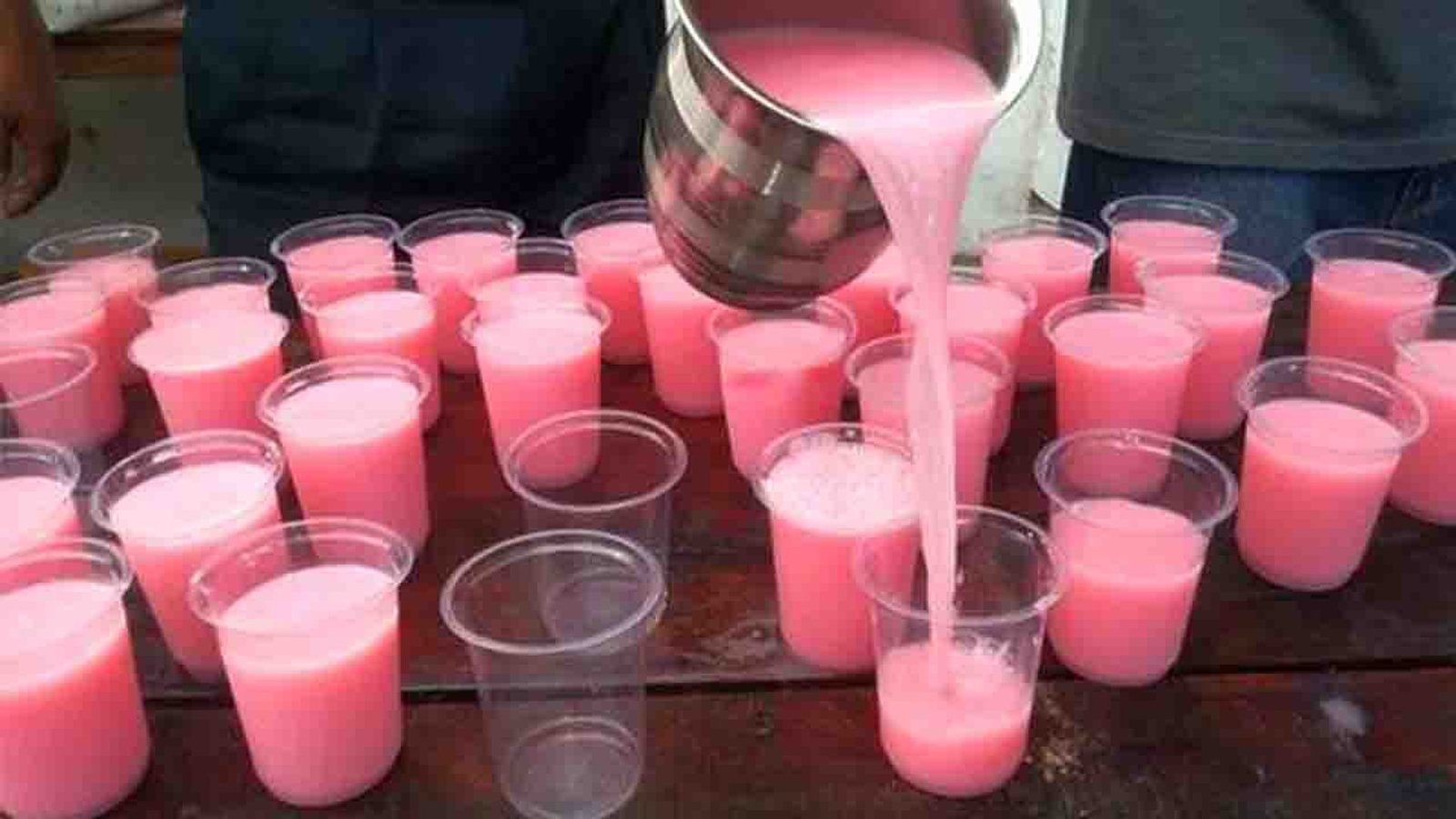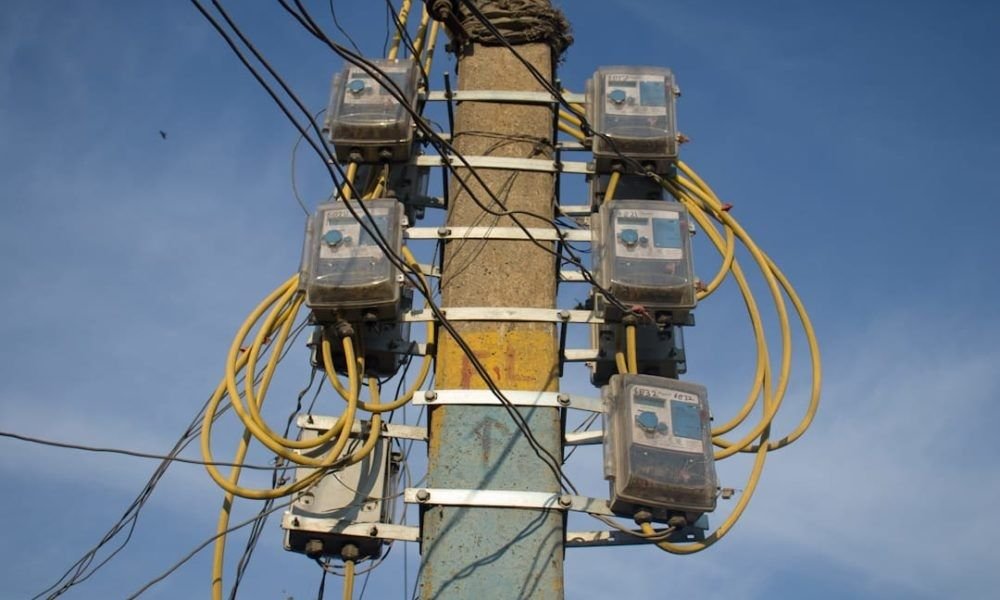Nirjala Ekadashi, one of the most significant and spiritually intense Ekadashis in the Hindu calendar, was observed across the Jammu region with deep devotion and traditional fervour. Known for its strict fasting rituals and spiritual merit, this auspicious day united thousands of devotees who offered prayers, performed rituals, and practiced charity to seek the divine blessings of Lord Vishnu.
This sacred occasion, also referred to as Pandav Ekadashi or Bhimsen Ekadashi, witnessed large gatherings at various Lord Vishnu temples throughout the region, where people engaged in special pooja ceremonies, recitations, and charitable acts, reflecting the values of Dogra culture and Hindu dharma.
Spiritual Significance of Nirjala Ekadashi
Unlike other Ekadashis, Nirjala Ekadashi is the most self-disciplined, as devotees not only abstain from food but also refrain from drinking even a single drop of water. The fast is observed from sunrise on Ekadashi to sunrise on Dwadashi. This intense form of devotion is believed to yield the spiritual benefits of observing all 24 Ekadashis of the year.
Devotees believe that observing this fast absolves sins, promotes self-discipline, and grants liberation (moksha). The festival particularly commemorates the devotion of Bhimsen, one of the Pandava brothers, who committed to this Ekadashi upon sage Vyasa’s advice.
Devotees Throng Temples Across Jammu
From the early morning hours, temples across the Jammu region witnessed a heavy influx of worshippers. People from all walks of life visited prominent Lord Vishnu temples to offer prayers and perform rituals for universal peace and prosperity.
Despite the scorching summer heat, devotees showed unwavering faith. Not only did they fast, but many also engaged in community service by organizing refreshment stalls, known as Chhabeels, where they served Shakar Sharbat (sweetened water) and Prashad to passersby, symbolizing compassion and inclusiveness.
Importance of Chhabeels and Refreshment Stalls during Nirjala Ekadashi
One of the most heartwarming aspects of the celebration was the establishment of Chhabeels & free refreshment stalls at every major junction. Volunteers served chilled sweet water, juice, and light snacks to devotees and travelers, offering relief from the intense summer temperatures.
These stalls, or Chhabeels, were organized by religious trusts, political parties, NGOs, and even private citizens. They not only provided physical relief but also embodied the message of seva (selfless service)—a cornerstone of Hindu spirituality.
The celebration was not limited to ritualistic practices alone. Acts of charity were central to Nirjala Ekadashi observance. Devotees donated food, clothes, money, and other essentials to the poor and needy, believing that such selfless acts amplify the blessings received from fasting and prayer.
The practice of dan (donation) holds great significance in Hindu traditions, and on Nirjala Ekadashi, it becomes even more meaningful. The emphasis on giving reinforced the message of compassion, empathy, and support for the underprivileged.
Widespread Observance in Jammu City
In Jammu city, major religious sites such as Puranmandi, Raghunath Bazar, Vikram Chowk, Railway Station, Shastri Nagar, Gandhi Nagar, RS Pura, and Akhnoor became focal points of spiritual activity. Here, devotees gathered in large numbers to chant Vishnu Sahasranama and other Vedic mantras dedicated to Lord Vishnu.
Religious and social organizations, along with employees of various government departments, actively participated in the festival by setting up Chhabeels and organizing community meals. The efforts reflected a blend of devotion, culture, and social service, deeply rooted in Jammu’s spiritual landscape.
Celebrations Across the Jammu Region
The religious spirit extended far beyond the city. In the districts of Kathua, Samba, Udhampur, Reasi, Ramban, Doda, Kishtwar, Rajouri, and Poonch, similar scenes of devotion unfolded. Temples witnessed high footfall, and Chhabeels were set up across marketplaces, bus stands, and roadsides, offering relief from the heat and embodying the spirit of community care.
Each locality came alive with devotional songs, incense, and the aroma of sacred offerings. Elders guided the younger generation in rituals, ensuring the preservation of Hindu values and Dogra cultural heritage.
Read also: Purmandal Shiv Temple: A Sacred Pilgrimage in Jammu
Recitations and Rituals Bring Peace and Positivity
Throughout the day, devotees immersed themselves in the recitation of Vishnu Sahasranama, Bhagavad Gita verses, and various other Puranic hymns. These rituals are believed to cleanse the mind and soul, spread positive energy, and promote spiritual awakening.
Such gatherings also serve as a medium for communal harmony and cultural unity, as people from different backgrounds come together in prayer and celebration.
The grand observance of Nirjala Ekadashi in Jammu and surrounding districts stood as a powerful testament to the region’s unwavering faith, cultural richness, and communal harmony. Despite physical hardships, the enthusiasm of the devotees remained unshaken, their hearts filled with devotion and minds focused on spiritual growth.
As prayers echoed from the temples and sweet water flowed freely through Chhabeels, the entire region resonated with the spirit of Vishnu bhakti, reinforcing the timeless message of compassion, charity, and unity.
















